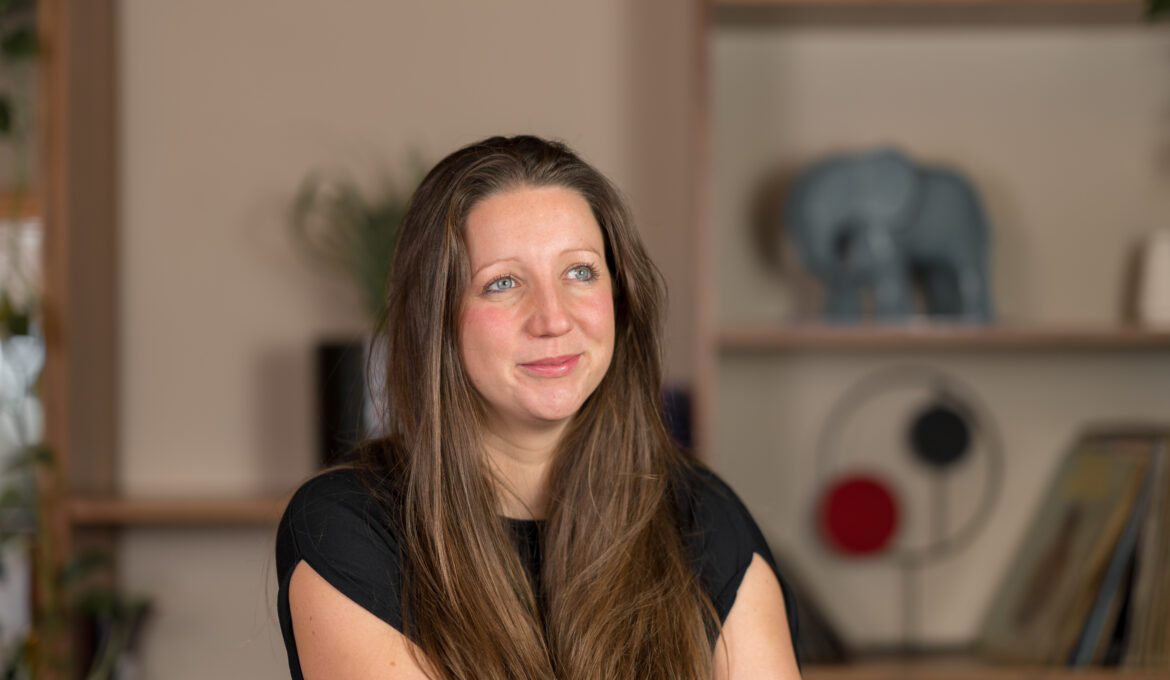International Girls in ICT Day exists to encourage young women and girls to pursue careers and studies in STEM, particularly ICT. It was established by the International Telecommunication Union (ITU) in 2010 to address the gender imbalance in the ICT industry and to increase the participation of women and girls in this field.
Student Circuit is celebrating by bringing positive STEM role models to the forefront, so every young girl or woman can see a representation of themselves. After all, you can’t be what you can’t see.
Natalie Cramp, CEO of data consultancy Profusion on bridging the ICT gap: “Digital transformation is everywhere as technology continues to become intertwined into the fabric of our everyday lives, changing how we work, how we play, how we socialise. It is therefore an area that offers hugely exciting, lucrative career possibilities, especially for the next generation. Yet tech’s gender gap remains stubbornly high. The underrepresentation of women in these industries is fuelling the UK’s skills gap and holding back innovation and growth – they are a huge potential resource for the country.
“The current approach simply isn’t working and we must delve deeper to find out why. A common belief is that the origin of the gender gap can be found in the classroom, gender stereotypes are formed as young as seven. Girls are discouraged from entering what are perceived to be more male-dominated occupations and therefore less inclined to enroll in more technical subjects. While this is slowly changing, with more girls taking computing A-levels than ever, they are still largely outnumbered and far less likely to proceed into an ICT-based profession.
“The reality is that people make career choices, often without knowing it, at a very young age. When they choose their GCSE subjects they can end up closing the door on a whole raft of professions. At the moment, we know that girls are being put off taking subjects like maths or IT which means pursuing a career in ICT is much harder. We need to be more proactive in educating young people on what each subject means for their future professional options. To achieve this teachers and parents need to know in much greater detail what career options are out there and send the message that professions do not have a gender identity.
“Ideally, we should have much more investment in career advice which should start at an earlier age. We all need to do our bit and commit time to working in partnership with schools and colleges and providing positive role models in this area. This means we also need to think laterally and attract more women to the profession later in their career, hiring for transferable skills and experience and teaching the industry. If we do not improve the workforce we have, we won’t have those to inspire the next generation. There is well-documented evidence that relatable role models make a big difference to subject and career choices.”




